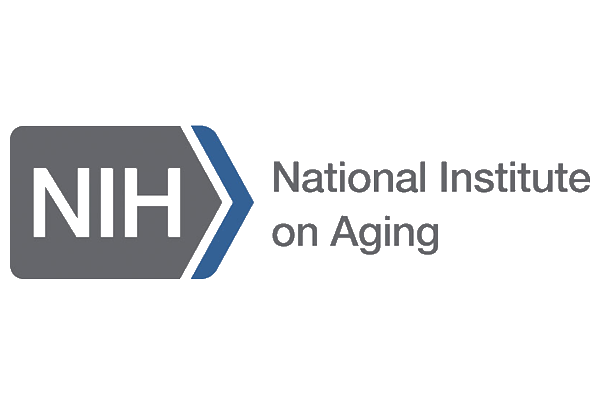Research
GEDC's research arm is GEAR: The Geriatric Emergency care Applied Research (GEAR) Network.
The GEAR Network seeks to improve the emergency care of older adults and those with dementia and other cognitive impairments through the identification of research gaps and to support the research and evaluation of these areas.
The GEAR Network
Manuscripts & Publications
GEAR 2.0 Request for Application
GEAR 2.0 Request for Application (RFA)
Geriatric Emergency Care Applied Research Network 2.0 – Advancing Dementia Care (GEAR 2.0 – ADC) / Emergency Medicine Foundation (EMF) / West Health Institute (WHI) will fund up to four pilot proposals that are aligned with the GEAR 2.0 Mission and research priorities starting as early as July 1, 2022. The dollar amount of each award may not exceed $90,000 in total costs.
Final grants submissions are due Friday, February 4, 2022.
For materials on proposal preparation and how to apply, visit the Gear Network Website.
Go to GEAR Network WebsiteGEAR 2.0
Improving Emergency Care for People with Dementia
GEAR 2.0 – Advancing Dementia Care is a collaboration between the Yale School of Medicine, the University of Wisconsin School of Medicine and Public Health (SMPH), Fienberg School of Medicine at Northwestern University, and Washington University School of Medicine in St. Louis. All four institutions are home to an NIH-National Institute on Aging-designed Alzheimer’s Disease Research Center.
The goal of GEAR 2.0 is to improve emergency care for one of our most vulnerable populations – older adults with cognitive impairment. Gaining a better understanding of their medical condition and what their care wishes are, will not only help clinicians better evaluate and treat them, but provide them with discharge plans that will ensure they can go home safely.
About GEAR 2.0Research Priorities
GEAR 1.0
Supporting collaborative, interdisciplinary research
The Geriatric Emergency care Applied Research Network (GEAR) aims to establish infrastructure to support collaborative, interdisciplinary research to improve care for older adults. Funded by the National Institutes of Health and other partners (grant #R33AG058926), GEAR brings together key stakeholders from emergency medicine, geriatrics, nursing, and social work as well as representing health care systems, clinicians, researchers, medical specialty organizations, advocacy organizations, caregivers, and, most importantly, patient representatives.
About GEAR 1.0Research Priorities
GEDC's Research Faculty
Dr. Chris Carpenter is dual-board certified in Emergency Medicine and Internal Medicine and is Professor in Emergency Medicine at Washington University in St. Louis. His funded research interests include diagnostics, dementia, falls prevention, and implementation science. He is on the Society of Academic Emergency Medicine Board of Directors as well as the American College of Emergency Physicians Clinical Policy Committee. He is also Deputy Editor-in-Chief of Academic Emergency Medicine, Associate Editor of both Annals of Internal Medicine’s ACP Journal Club and the Journal of the American Geriatrics Society. He co-led the collaboration to develop the American College of Emergency Physician/American Geriatrics Society Geriatric Emergency Department Guidelines As well as the International Standards for Reporting of Implementation Research (StaRI) reporting guidelines. He is also faculty for Emergency Medical Abstracts and Best Evidence in Emergency Medicine courses, as well as a contributor to Skeptics Guide to Emergency Medicine and Sketchy EBM.
Dr. Ula Hwang is the Medical Director for Geriatric Emergency Medicine at New York University and a core investigator at the GRECC (Geriatrics Research, Education and Clinical Center) at the James J. Peters Bronx VAMC. Her research focuses on improving the quality of care older adults receive in the ED setting that ranges from observational studies of analgesic safety and effectiveness in older patients to multi-center implementation science studies of geriatric emergency care interventions. Hwang currently co-PIs the Geriatric Emergency Department Collaborative and is the PI on the Geriatric Emergency care Applied Research (GEAR) network.
Generously supported by
The Geriatric Emergency Care Applied Research (GEAR) Network is generously supported by the National Institutes of Health
